Contents
Reading
Social Media: Its Influence and Control over People’s Lives
Ways with words
A. Find the words from the text that have the following meanings.
a. a personal or corporate website
Ans: blog
b. a job requiring expertise in a particular field
Ans: professional
c. a feeling of sadness
Ans: disappointment
d. put under custody
Ans: detained
e. found guilty
Ans: convicted
f. breaking or disregarding rules or system
Ans: violating
g. advantages and disadvantages
Ans: pros and cons
h. a non-statutory monetary penalty
Ans: amercement
B. Study the underlined phrases in the following sentences.
Now, use the following prepositional verbs in sentences.
apologize to — Students apologize to their teacher for their misbehavior.
adapt to — The children are finding difficulties to adapt in new school.
devote to — How much time will you devote to your study?
refer to — My friends refer to Google for more information.
reply to — He reply to my question.
admire for — They admire him for his determination.
apply for — I apply for the post of teacher in this school.
pray for — My mother pray for my family to God.
scold for — They scold juniors for not obeying them.
vote for — They are voting for new monitor in this class.
aim at — Lions aim at us which feels very dangerous.
arrive at — How did you arrive here tonight?
glance at — Take a quick at the drive belt.
look at — They look me as thief.
bring up — I have to bring up children.
agree on — The management committee cannot be agree on this proposal.
comment on — Don’t comment negative on social media.
concentrate on — Why can’t he concentrate on study?
rely on — I can always rely on you.
count on — A lot of people count on this welfare.
grow up — I want to be a doctor when I grow up.
escape from — Many prisoners escape from jail during festival.
recover from — It will take long time to recover from this disease.
resign from — I won’t resign this job.
suffer from — He is suffer from Covid-19.
separate from — The living room is separate from kitchen.
worry about — Don’t worry about her mother.
argue about — She argue with me about politics.
boast about — We like to boast about the political party as the best.
dream about — He used to dream about big house and nice career.
acquaint with — When we visit new places, we should acquaint there’s culture.
agree with — I am agree with government’s new policy.
charge with — He has been charges with illegal activities.
trust with — We should not trust with any online payments.
confuse with — Many students are confuse to solve this equations.
believe in — We believe in democracy.
involve in — Please don’t involve in this party.
succeed in — What do you need to succeed in this business?
specialize in — This hospital is specialized in heart disease.
absorb in — It is a lot to absorb in one time.
Comprehension
A. Fill in the gaps with appropriate words/phrases from the text.
a. People are using social media for individual as well as social purposes.
b. Social media is not only a platform of sharing views, but also a platform of communication.
c. The hospital wanted Prita to pay Rs. 100 million for material loss.
d. Some singers organized charity concert to help Prita.
e. The campaign to help Prita was able to collect Rs 825 million.
B. Answer these questions.
a. How do you define social media?
Ans: Social media is the platforms of sharing views and communication virtually.
b. Social media has been an integral part of modern life. How?
Ans; Social media has been as integrate part of modern life because we can connect to everybody virtually and able to get update of everything in each pitch of seconds.
c. Why do people use Facebook and YouTube?
Ans: People use Facebook especially for communication and YouTube for entertainment through music, videos, etc.
d. What is a blog? How can it be beneficial to us?
Ans: Blog is a personal or corporate website. It can be beneficial to share articles, pictures, videos and so on.
e. Was Prita’s intention bad when she sent a message to her friends?
Ans: No, Prita’s intention wasn’t bad when she sent a message to her friends.
f. How did Prita’s message become a big problem?
Ans: Prita’s message became a big problem. Her friend shared it on a website. Many readers read it and commented on the issue.
g. Why was she convicted by the court?
Ans: She was convicted by the court because of violating the law of using Information and Communication Technology (ICT).
h. What was the purpose of the campaign, “Bantu Bebaskan Prita”?
Ans; The purpose of the campaign “Bantu Bebaskan Prita” was to help Prita by collecting coin or money.
i. How are people stronger than social media?
Ans; It is because social media fully depends upon a user that’s why people are stronger than social media.
Critical Thinking
a. Does social media have positive impact in the society? Discuss.
Ans: In today’s society, the use of social media has become a necessary daily activity. Social media is typically used for social interaction and access to news and information and decision making. It is a valuable communication tool with other locally and worldwide, as well as to share, create and to spread information. Society media can be very influential on society in both positive and negative ways. It gives a way to stay in touch with people who live far away. It lets people share, fun, interesting and informative content. I*t gives business a way to engage with customers.
However, multiple studies have found a strong like between heavy social media. Self-harm and even suicidal thoughts-social media my promote negative experience. So, social media have both positive and negative impact in the society.
b. How do you compare virtual communication and face-to-face communication?
Ans: The compare between virtual communication and face to face communication are given below:
| Virtual Communication | Face-to-Face Communication | |
| 1 | Virtual communication is online platform communication. | Face-to-face communication is direct physical presence communication. |
| 2 | In virtual communication, the sender and receiver should not be present. | In face-to-face communication, the sender and receiver both should be present. |
| 3 | We can be in touch with everybody when we are busy too in virtual communication. | We can’t be in touch with everybody until we become free from work for face-to-face communication |
| 4 | In many cases, virtual communication is not so effective. We can’t feel others’ feeling. | It is easier to convince people in face-to-face communication. |
Writing
b. What is cyber bullying? What are its effects? How can it be stopped?
Ans: The use of electronic communication to bully a person is known as cyber bullying. It is one of the major problems of today’s youth. It is also known as online bullying. Bullying is the use of force, pressure, hurtful teasing, threat, to abuse, aggressively dominate and physical effect.
Effects:
-
They feel isolation.
-
Some of them go to depression and anxiety.
-
They develop different feelings like suicide thoughts.
-
There is also sleeping disturbance and body pain issue.
-
They become powerlessness.
It can be stopped by following ways:
-
If we get to know that someone is bullying us, we should seek help from our parents or other trusted adults.
-
Parents should be conscious about their children.
-
If we are in danger, we should contact police rather than thinking unnecessary thoughts.
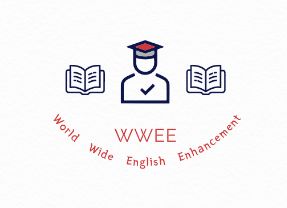

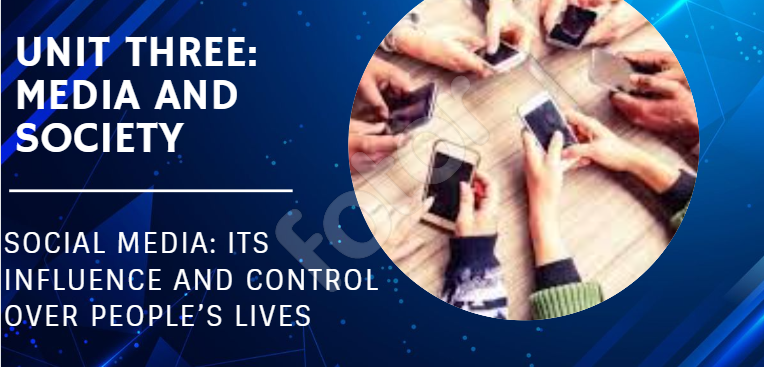
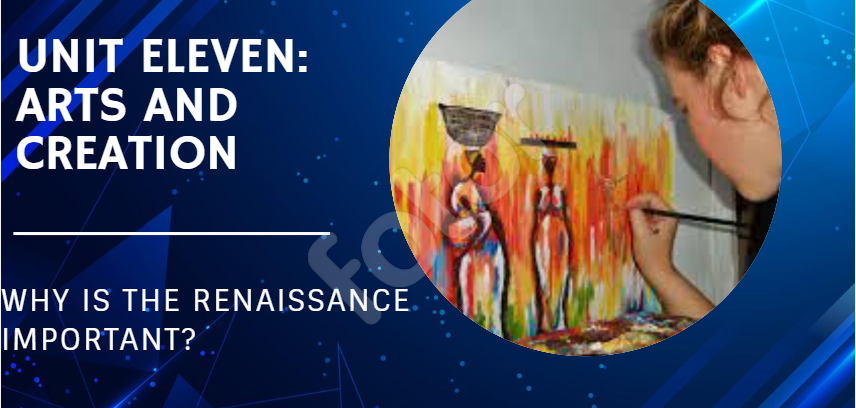
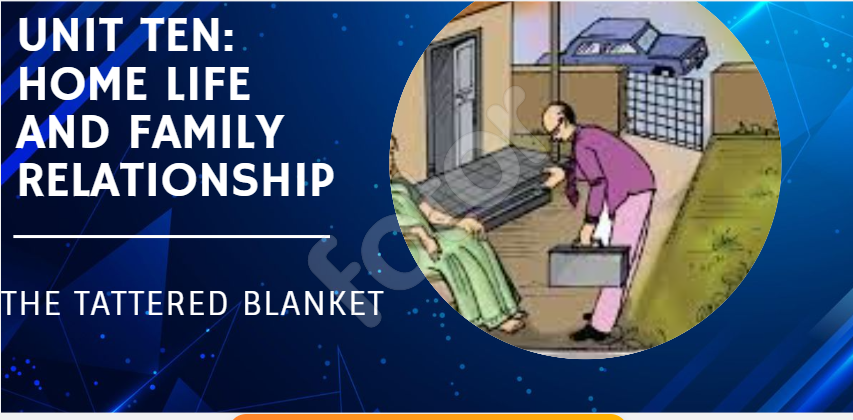
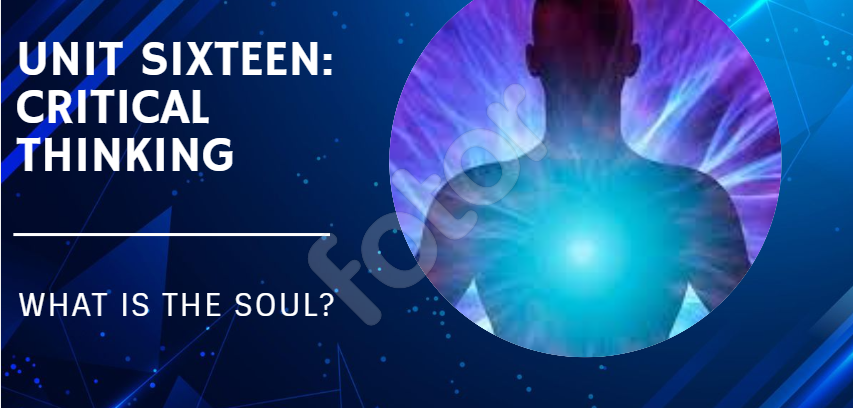
What’s up friends, its great article about teachingand fully defined, keep it up all the time.
Excellent blog you have got here.. It’s hard to find high quality writing like yours these days. I really appreciate people like you! Take care!!